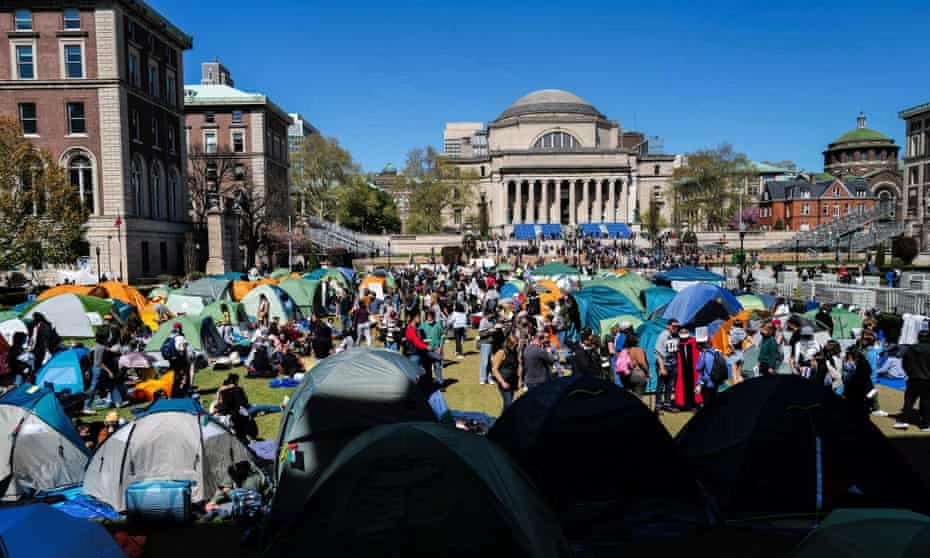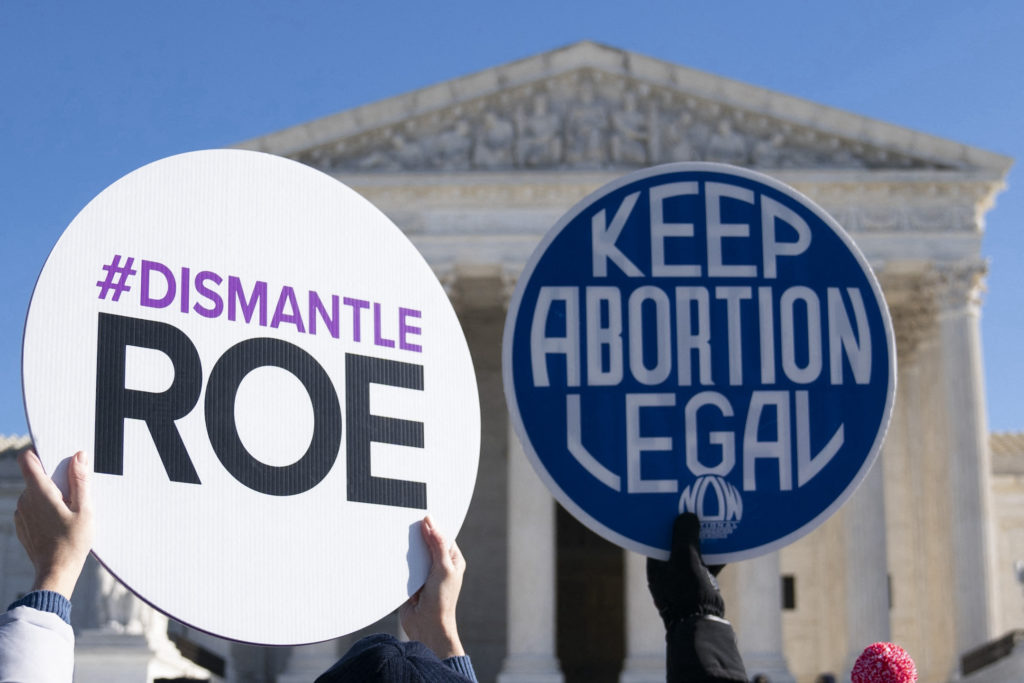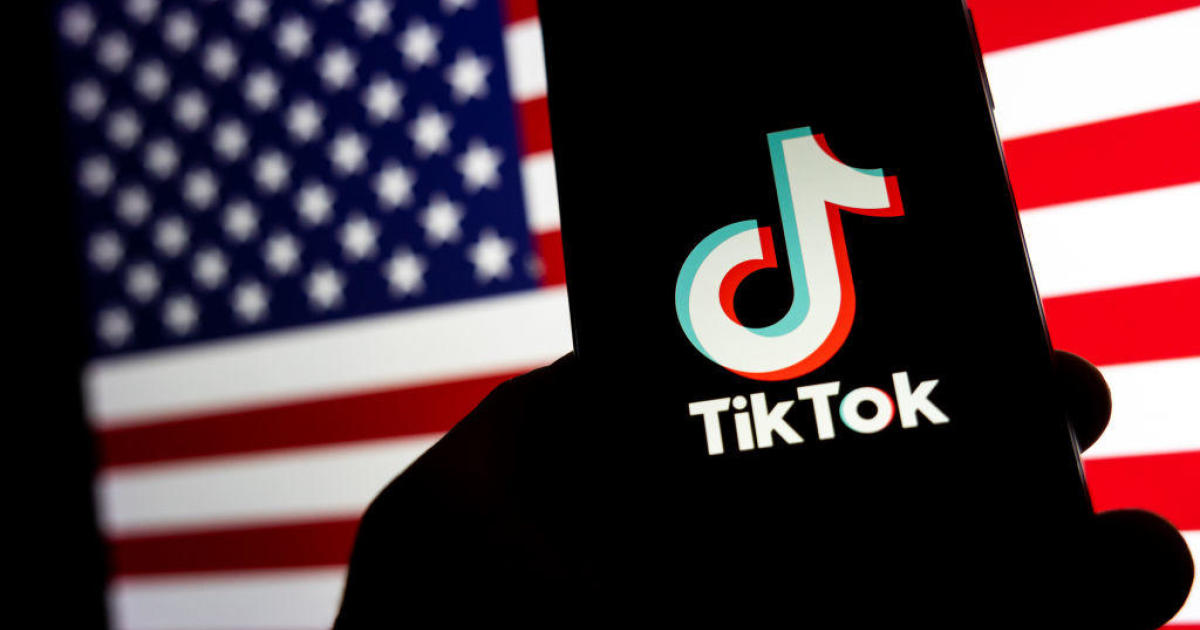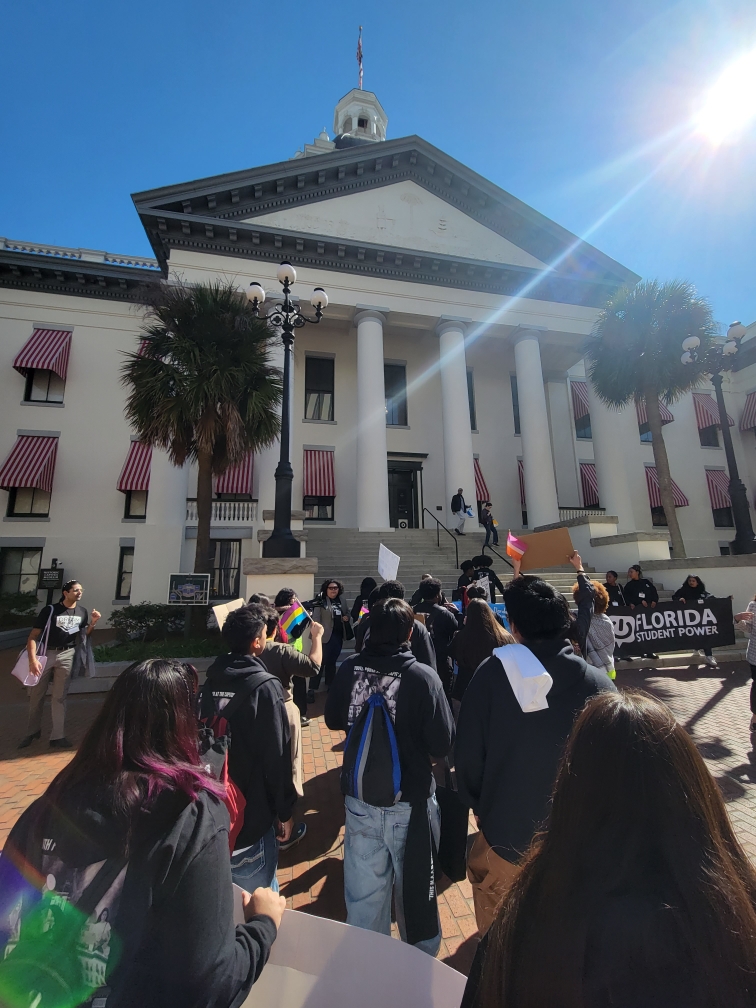Almost one hundred years ago, the United States government enacted the Fair Labor Standards Act of 1938 (FLSA). This act protected minors without jeopardizing their health, education, or well-being. In March 2024, a controversial bill was passed in Florida that seems to prioritize work over education for sixteen to seventeen-year-olds. The bill proposed that teens work can thirty hours per week, including during school hours and overnight shifts. Additionally, the bill does not require employers to provide a break if teens work four hours daily and allows for more than eight hours of work per day. The passing of this bill sparked debate among educators and parents alike, with some expressing concern for the welfare and education of young people.
According to the Florida Policy Institute, an estimated 530,000 teens aged 16 to 17 live in Florida, with 80,000 currently employed. While this bill does primarily target teens, it also has the most significant impact on “marginalized communities,” meaning “black, brown, and undocumented children,” according to Rene Gomez, Hope Community Centers (HCC) Civic Engagement Manager. This bill is reversing the child labor protection laws that have previously helped numerous high schoolers from being exploited. As a result, many teenagers now have to decide whether to abide by their employer’s schedule to earn money or focus on their education and risk losing their jobs. Some organizers are concerned that this is an unfair and unjust decision that no one should have to make, especially minors who cannot provide proper consent. Silvia Ruiz, the Community Organizer for HCC, has stated that the recent implementation of a bill in Florida directly resulted from “a decrease in the labor force.” This decline was caused by the state’s previous laws that restricted immigrants and workers who lacked proper documentation from working.
Unfortunately, for those opposed to the bill, it seems that the Florida government has been encouraging children to work minimum-wage jobs instead of pursuing an education, which amounts to exploiting them for profit. They see this proposal as going against the fundamental rights of citizens who voted for the government and directly violating Florida’s laws, which were designed to protect workers. The children who choose work over education often come from families that “need money, lack transportation, or have high healthcare costs,” says Rene. These same children from low-income families frequently have to make the hard decision to work to support themselves and their parents or have an education. Despite school, employers can assign working hours during school, overnight, and for more than eight hours a day under HB 49. These gaps make achieving balance even more troublesome for workers. Lawmakers may not realize the severe effects and considerable disadvantages teens would have.
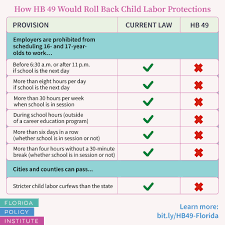
Rene is concerned about the bill’s lack of consideration for citizens, particularly the vulnerable teen population. For example, “there’s already exploitation of child labor before this bill,” emphasizes Rene. At the same time, most go unreported and uninvestigated. Since 2015, federal DOL investigators have identified and investigated 900 employer violations of child labor laws in Florida. Each of these violations involved multiple children. According to the DOL last year, there was a case in the Tampa area where employers scheduled around 120 teenagers to work beyond the legal working hours. This number is likely to increase unless Florida takes action to prevent it.
HB 49 is expected to impact various sectors such as agriculture, construction, outdoor venues in Florida that employ young people, and entry-level jobs. Physical labor jobs, in particular, have many minors working on construction sites, which is a concerning issue, according to Rene Gomez. Many of these jobs are performed by child immigrants who lack support systems from the state and are subject to continuous mistreatment. The proposed minimum wage is insufficient to survive, and they will be required to work similar hours to adults, which is a challenge for minors. In a conversation between a reporter for the Blue and White and a legislator, the legislature felt that some teenagers must work to support their families. This raises the added concern that they will be pressured to take on more available hours.

It is worth noting that Florida does not have a specialized Department of Labor. Rene Gomez emphasized, “Even if there were a kid who reported that they were getting wage theft, they would have no State Department to turn to, and most local governments don’t have an agency to help them.” Silvia Ruiz echoed this sentiment, stating that students need access to a State Department of Labor to seek help and resources without fear of retaliation. The effects of HB 49 could be reduced with the presence of a State Department of Labor to report any violations. According to Gomez, “an agency that actually has the resources and the capacity to follow up on these complaints would be helpful.” Ruiz also suggested rolling back on previous legislation, such as SB 1718, which expanded e-verify, a requirement for employers to check employees’ eligibility and status. She added, “The people in power right now need to allow for spaces in conversation to have conversations with the reality of what a community looks like.” Facilitating conversations would help lawmakers understand how their actions affect the communities they represent, especially those who are not yet voting and are constantly undermined due to age.
Another disadvantage is that this can take away from “enrichment programs and time that students could spend in enrichment programs or even education.” explains Silvia. Additionally, most students “face the dilemma of choosing between involving themselves in their community to build a resume for college or going to work to earn money,” adds Silvia Ruiz. The ages 16-17 are one of the most crucial times when preparing for college. Even if students do not want to pursue college, they should still focus on their education and obtain a high school diploma. Young adults without a high school diploma earn the least and are more likely to face unemployment than other workers. Sister Ann, founder of Hope Community Center, states, “Taking kids out of school so they can work deprives them of the opportunity to have a bigger picture of what life is like. Kids are missing out on the chance to gain a broader perspective on life.” Therefore, it is crucial to prioritize education to ensure better opportunities and a brighter future, especially when “Florida has made significant progress in increasing high school graduation rates, from 52% in 1998-99 to 90.1% in 2020-21,” according to the Economic Policy Institute.
While some argue that this bill will provide more job opportunities for teenagers and help them gain valuable work experience, those opposed to the bill believe it is essential to consider the potential negative consequences that could result from the bill. The bill may increase employment opportunities for teenagers, but at what cost? Allowing teenagers to work the same hours as adults could lead to exploitation, especially for those who come from marginalized communities. Moreover, prioritizing work over education could deprive teenagers of the opportunity to obtain valuable skills to help them in the long run. As for the potential economic benefits that proponents of the bill argue could result from increased employment of minors, youth advocates believe it is important to weigh them against the possible harms. While it is true that more workers could fill labor shortages and support industries like agriculture and construction, it is crucial to consider the well-being of these workers and ensure that they are not being exploited or mistreated. It is possible to support these industries while protecting workers’ rights, including those of teenagers. In summary, while the bill may have some potential benefits, it is vital to consider the potential negative consequences and ensure that the rights and well-being of workers, including teenagers, are protected. It is possible to support industries and fill labor shortages without resorting to policies that could harm workers, especially those from marginalized communities.

